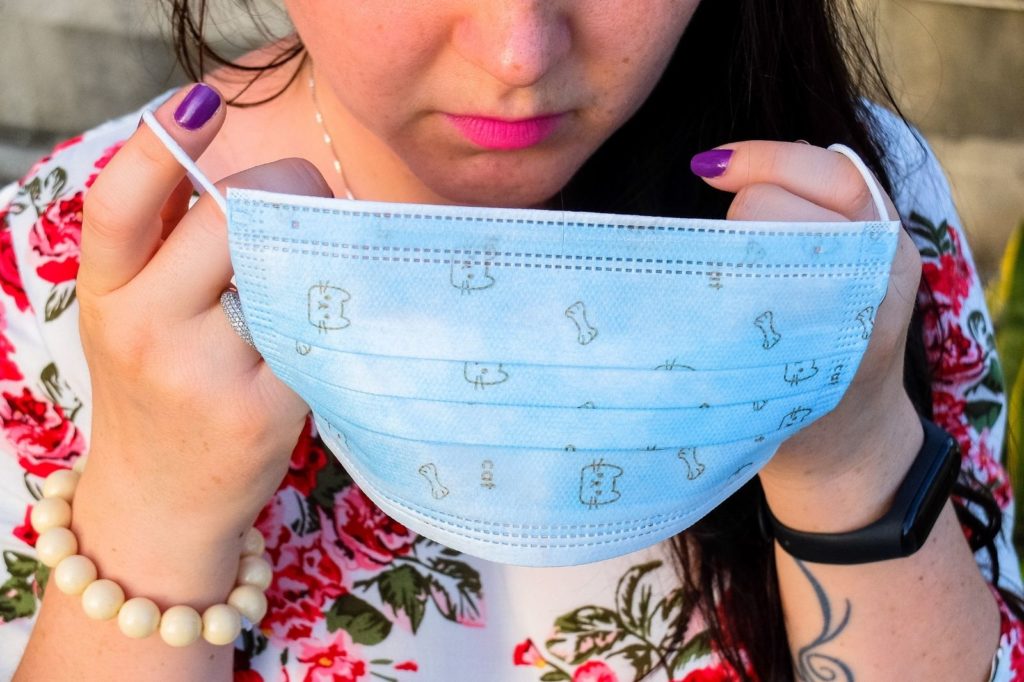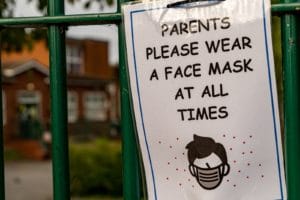One of the hardest things about parenting a child with a severe mental health condition is a sudden and unplanned change in daily routine. I know because I’ve been there. My second son, who is now a sophomore in college, showed symptoms of severe mental illness from early childhood and was diagnosed with everything from autism to ADHD to Oppositional Defiant Disorder. His official diagnosis now is bipolar disorder type 1.
Routines, schedules, and plans were critical to our success. So were the numerous supports that we had in the school environment and mental health community. If you’re parenting a child with a serious mental health condition, the sudden social distancing made necessary by the COVID-19 virus will likely bring a whole new level of stress to you and your child.
We’ve seen plenty of great advice on how to help children manage their anxiety during this time, and much of this information is good for you and your child. But if your child is on a serious emotional disturbance IEP, you also have more immediate and potentially serious concerns. Here’s a quick checklist of things to think about as you prepare for an uncertain future.
1. Review Your Safety/Crisis Plan.
Review your safety/crisis plan immediately. Include your child and any other stakeholders in the process if possible. Here are some questions to consider:
- What parts of the plan do you need to alter?
- How is social distancing affecting your child’s baseline behavior?
- What resources do you need to reconsider? For example, with a focus on caring for COVID-19 patients, emergency medical services may not be immediately available. What other crisis mental health services are available in your area?
2. Check Your Child’s Medication Supply.
In uncertain times, it may be difficult to ensure that you have an adequate supply of your child’s medication. The American Pharmacists Association has called on insurers to remove barriers to refills for patients with chronic medical conditions. If your family is required to shelter in place, you’ll want to make sure that your child does not have to experience a potentially dangerous medication withdrawal.
Your health insurance company should approve early refills right now. Take care of this right away.
3. Contact Mental Healthcare Providers.
It’s a good idea to check in with all of your child’s providers as soon as possible to see how the COVID-19 outbreak will affect your child’s therapy. Group sessions, like occupational therapy and talk therapy, will likely be cancelled for the next several weeks. So, ask these questions:
- What is their policy on individual therapy?
- Do they offer telehealth resources?
- What will your insurance cover?
If you’re like me, your child is probably on Medicaid. Check your Department of Health and Welfare’s page for COVID-19 updates.
4. Establish New Routines.
The new normal will feel even less “normal” for your child than for many others who are struggling with the sudden loss of school activities and friends. One way to help your child feel safe is to establish new routines as quickly as possible.
Find ways for your child to get regular physical activity, even if it’s just a walk or a bike ride outside. Together with your child, create a schedule of times for:
- Video games;
- Learning activities;
- And downtime activities.
Make sure your child feels a sense of structure and routine in their physical space as well. Do you have a dedicated space for studying? Ask your child to help you create one. Sensory issues can overwhelm a child with severe mental health conditions, so providing a safe and quiet space will be especially important during this time.
5. Consider Siblings’ Needs.
When one child in the family has severe mental health conditions, the other children can sometimes feel left out. This is a hard time for all children. It’s important to make sure that your other children feel able to express their feelings and have safe spaces in your home.
6. Avoid Power Struggles.
Now is not the time to get sucked into oppositional power struggles. When my son was younger, we had an agreement that when he was not in a “growth mindset” (e.g., willing and able to consider options), we would table our discussion for another time. Picking your battles will be especially important over the next few weeks. A power struggle will not help either you or your child.
With school out for the near future, we all have dreams of providing regular, structured learning activities, but video games are not necessarily the worst thing for your child right now. A video game can help your child to manage stress and maintain a feeling of normalcy. The video game is familiar, and it has not suddenly changed. Be sensitive, and involve your child whenever possible in setting appropriate boundaries and limits.
7. Take Care of You.
I always used to roll my eyes whenever someone would mention the airline oxygen mask analogy, but it’s especially true right now — you have to put your own mask on first before you can help others. Even under the best circumstances, you face unique challenges as a parent — and these are far from the best circumstances. Here are a few things you can do for yourself:
- Make time to for a virtual “coffee date” or chat with a trusted relative or friend;
- Maintain regular exercise and sleep schedules;
- And do at least one thing every day that brings you joy.
One of the hardest things for me personally about the COVID-19 crisis is that there is no template. We don’t know how long this new normal will last or when/if we will be able to return to life the way it was. But you can help your child to navigate these uncertain waters by ensuring that you both have the right resources — from a crisis plan to medications to new routines.
While uncertainty can bring fear, it can also bring opportunity. Embrace this chance to spend time with your unique child.










